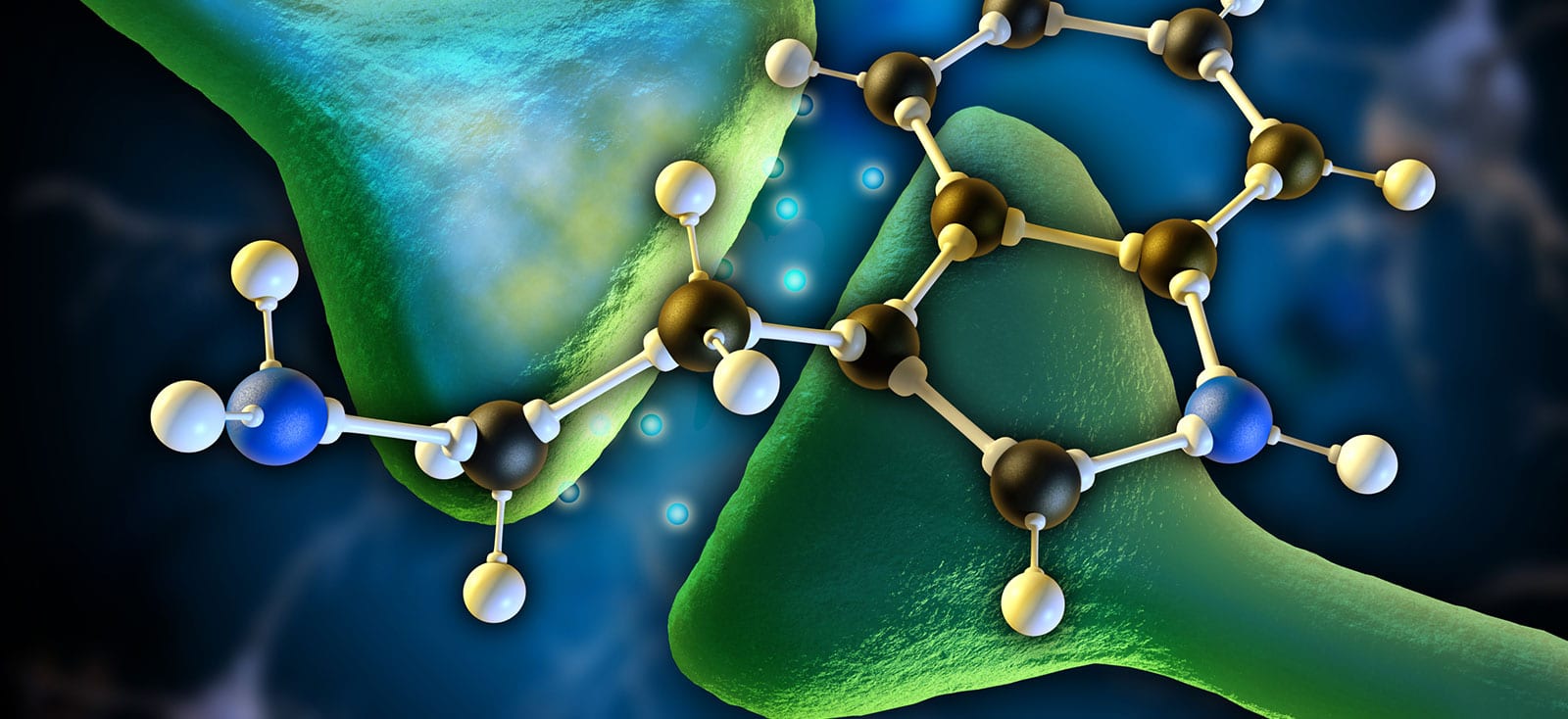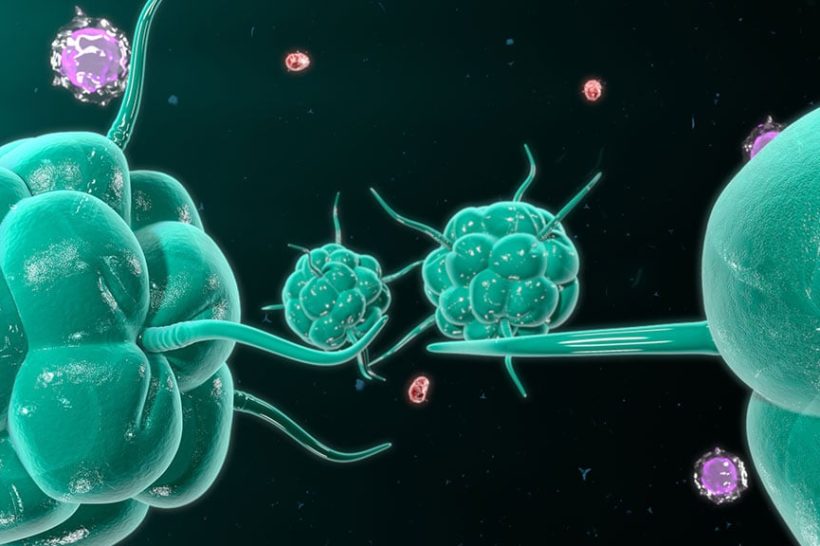Medical marijuana, and particularly cannabidiol (CBD), might slow the progression of autoimmune diseases by taking over the function of naturally produced cannabinoids. The body’s endocannabinoid system is known to occupy a central role in regulating the immune system. Studies in the laboratory and in animal models of autoimmune diseases demonstrate that cannabinoids interact with receptors (CB1 and CB2) in the digestive tract, nervous system, brain, and cartilage and joint tissues to suppress abnormal immune cell activity. Patients with Crohn’s disease, multiple sclerosis (MS), Parkinson’s disease and rheumatoid arthritis have reported that inflammation was reduced and their symptoms improved when using medical marijuana.
The immune system is a complex network of cells and tissues that act together to identify and remove foreign threats to the body. The immune system also helps to clear up cells that are damaged by injury or disease, a process often associated with inflammation in the damaged area.
There are two types of immune responses. Innate immunity is a combination of defense mechanisms that are triggered whenever an unwanted intruder or damaged tissue is detected in the body. Adaptive immune responses deal with specific threats, such as certain disease-causing bacteria.
We like to think that whenever something alien enters our body, our immune system jumps into action to destroy it. However, not all foreign organisms that enter our bodies are bad. Trillions of friendly bacteria living in our digestive systems help to break down foods for absorption into the bloodstream, and synthesize vitamin B and vitamin K. A healthy immune system balances an aggressive response to harmful intruders with a tolerance for “good” bacteria.
The adaptive immune system has two key mechanisms: cell-mediated immunity and humoral immunity. In cell-mediated immunity, specialized T-cells and natural killer (NK) cells seek out and neutralize pathogens, viral infected cells, and tumor cells. Humoral immunity supports this process by using B-cells and developing antibodies that neutralize antigens or pathogens that are recognized as foreign. An imbalance between cell mediated and humoral immunity results in disease.

Little is known about what causes the body to attack itself – possibly a combination of genetic tendencies and environmental toxins or viruses. The immune system always produces some T-cells and B-cells that are capable of responding to triggers in the body’s own tissues (self-antigens), but in a well-balanced immune system, these are quickly neutralized or taken out of circulation by other regulatory immune cells. Autoimmune diseases occur when the immune system is out of balance. These disorders often respond well to treatments that suppress immune system activity.

Cannabidiol, one of the primary active ingredients of medical marijuana, is an exogenous (external) cannabinoid that can interact with CB1 and CB2 receptors in the endocannabinoid system. Medical cannabis appears to replace the missing natural cannabinoids, helping to restore balance to the immune system.
Studies have found that anandamide (AEA), a natural cannabinoid produced in the human intestine, interacts with CB receptors to suppress immune cell activity in the digestive tract and allow friendly gut bacteria to thrive. People with Crohn’s disease have very low levels of natural cannabinoids. It is possible that by replacing missing endocannabinoids, the cannabidiol in medical marijuana helps to restore the balance of the immune system.
Numerous studies on animal models have demonstrated that cannabinoids protect neurons from degenerating after a brain injury or stroke by reducing the inflammatory effects of the immune system response.
The endocannabinoid system, and the effect of cannabinoids on various types of immune system disorders, have been widely studied in the laboratory and in animal models. These studies indicate that cannabidiol might be able to compensate for missing endocannabinoids and improve the regulation of the immune system in patients with autoimmune diseases.

The immune system is complex, and medical marijuana contains many ingredients in addition to cannabidiol. It is difficult to pinpoint the interactions between medical cannabis and the nervous system, immune system, and endocannabinoid systems that contribute to regulating immune responses. There is a need for more large-scale, scientific studies of medical cannabis.
Further Reading:
Cannabinoid-induced apoptosis in immune cells as a pathway to immunosuppression. Sadiye Amcaoglu Rieder, Ashok Chauhan, Ugra Singh, Mitzi Nagarkatti, and Prakash Nagarkatti.
Cannabinoids and the immune system: an overview. Tanasescu R1, Constantinescu CS.
Endocannabinoid system acts as a regulator of immune homeostasis in the gut. Nandini Acharya, Sasi Penukonda, Tatiana Shcheglova, Adam T. Hagymasi, Sreyashi Basu and Pramod K. Srivastava. Proceedings of the National Academy of Science. May 9, 2017.
Endocannabinoids and immune regulation. Rupal Pandey, Khalida Mousawy, Mitzi Nagarkatti, and Prakash Nagarkatti.
Interaction between cytokines, cannabinoids and the nervous system. Jean-Gilles L1, Gran B, Constantinescu CS.
Parkinson’s is partly an autoimmune disease, study finds. Columbia University Medical Center. June 21, 2017.
The cannabinoid system and cytokine network. Klein TW1, Lane B, Newton CA, Friedman H.
The Health Effects of Cannabis and Cannabinoids: The Current State of Evidence and Recommendations for Research. National Academies Press (US); Washington (DC): 2017 Jan 12.
